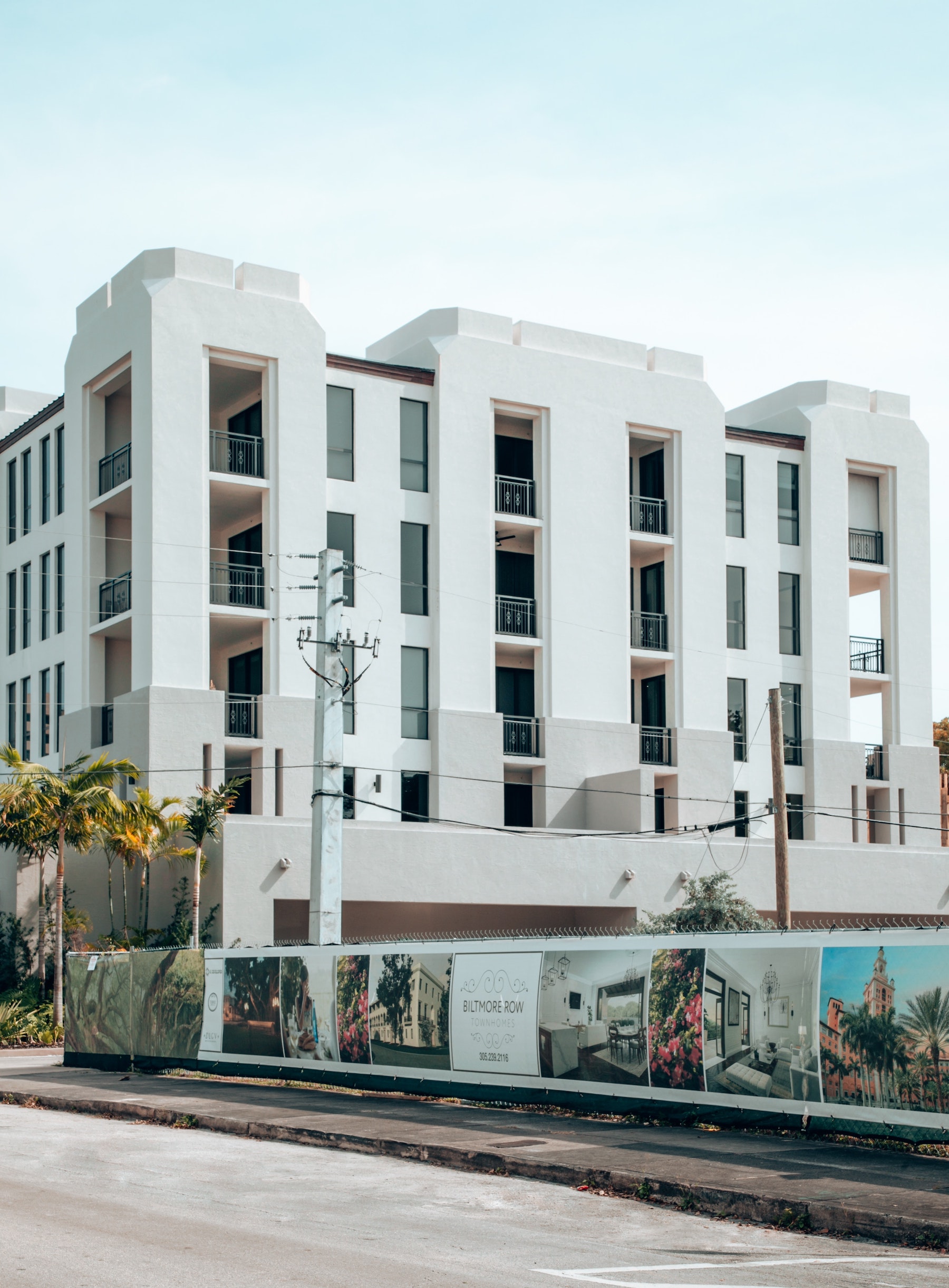A Florida law intended to prevent tragedies like the Surfside condominium collapse will place a huge financial burden on condo associations and strain architecture and engineering resources in the state.
The law requires that by the end of 2024 condominiums that are at least three stories tall and within 3 miles of the coast be inspected by a licensed engineer or architect when they are 25 years old and buildings more than 3 miles inland at 30 years old. The law will be financially burdensome for many associations, especially older ones.
Condo associations had been allowed to waive reserve funds for maintenance, but will now be required to have enough money in their reserves by 2025 to fund all repairs needed to maintain their buildings’ structural integrity. This work could easily run into the hundreds of thousands of dollars.
What’s more, thousands of condos will need to have inspections over a short period. It will be difficult, if not impossible, for architects and engineers to get to all that work done within the prescribed deadline.
The law applies to 1.5 million condos operated by nearly 28,000 associations. Some older properties in the most desirable coastal areas are expected to be targets for developers because owners will not be able to absorb the cost of capital assessments to make extensive repairs. Developers would demolish old properties and build new luxury properties on site.
Related Stories
Codes and Standards | Oct 11, 2017
Data, transparency are keys to next steps in green building, says USGBC chief
Monitoring and comparing performance are critical to advancing sustainability goals.
Codes and Standards | Oct 10, 2017
New guidelines for quality control on application of membrane roof systems released
NRCA document provides guidance for on-site evaluation.
Codes and Standards | Oct 9, 2017
New app calculates maximum allowable heights for building occupancy types, classes of construction
The app streamlines compliance on various types of construction.
Codes and Standards | Oct 5, 2017
California lawmakers pass bill that requires GCs to pay wages of sub employees if subs fail to pay
The measure will go into effect in January if the governor signs it.
Codes and Standards | Oct 4, 2017
Ambitious but realistic increase in clean energy would cut GHG emissions by 80% in the U.S.
NRDC report says goal can be achieved with existing tools.
Codes and Standards | Oct 3, 2017
Reducing duct leakage is focus on latest green building standards updates
ASHRAE 189.1 broadens testing requirements to include more types of ducts.
Codes and Standards | Oct 2, 2017
Nationwide retrofit strategy in Canada could cut 51% of emissions from large buildings
The roadmap provides government and industry with a targeted plan.
Codes and Standards | Sep 28, 2017
Resources available for new OSHA respirable crystalline silica regulation
NRCA offers compliance tools for contractors.
Codes and Standards | Sep 28, 2017
New tool compares HVAC system efficiency
IAPMO and Hydronics Industry Alliance unveil BEST to evaluate systems in early design phase.
Codes and Standards | Sep 26, 2017
Anti-drone technology can ward off unauthorized drone flights
The technology can be used to prevent terrorist attacks and spying.

















